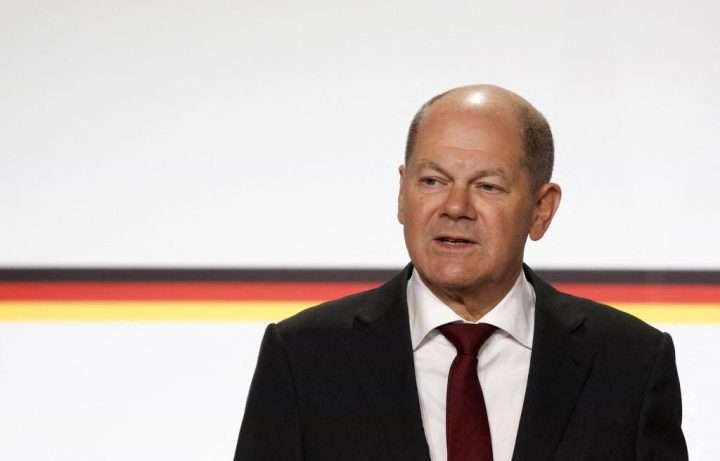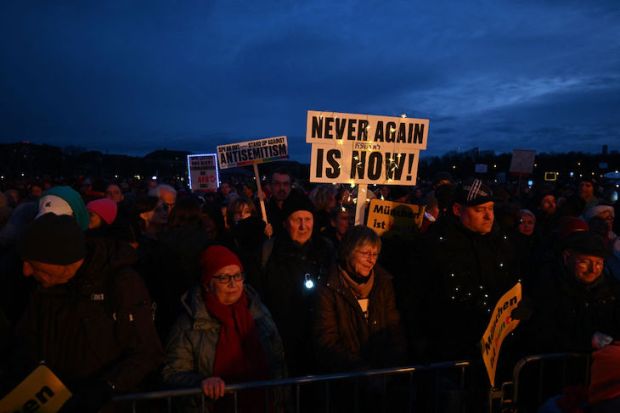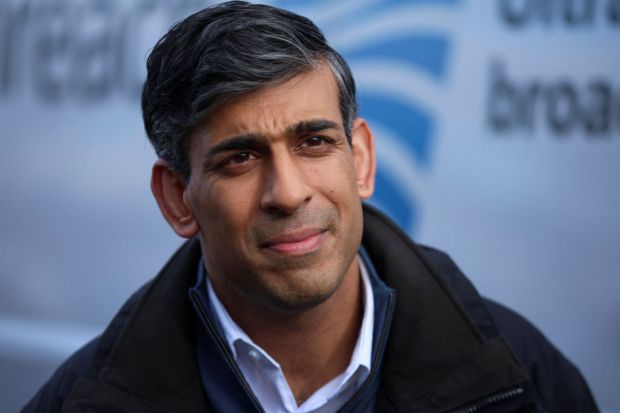At long, long last, it might seem that things are coming to a head. After a year of phony excuses, ridiculous claims and constant back-peddling, some of Nato’s bigger nations are planning to give Ukraine some fairly modern main battle tanks. Not very many. And not exactly soon. But I suppose it’s the thought that counts.
Events are moving chaotically, and fast. But as things stand, the United States is mulling the delivery of 30-50 Abrams tanks – America’s primary workhorse. Germany has implied that it will, at some point in the future, supply a handful of Leopard tanks. As has Poland – no doubt a larger number.
Norway will give up to eight of its Leopard variant to Ukraine. The Netherlands might potentially send up to 18 of its Leopards, although a decision has not yet been made. Sweden, not yet in Nato, is considering sending some of its licensed Leopard tanks copies to Ukraine.
No word yet on France’s Leclerc main battle tanks, which were also theoretically in the mix. No more British Challengers will be sent beyond the 14 already announced.
Justifiably, Ukraine shouldn’t be too overtly grateful for such partial support so grudgingly given
Main battle tanks of Nato vintage are capable machines. They’re tougher and better engineered than the ex-Soviet junk Ukraine has used since the war began, captured from Russian forces and accepted as bridging loans from Bulgaria and other eastern European countries. If Ukraine can field large numbers of more modern hardware, its war effort will certainly benefit.
But let’s not get ahead of ourselves. Sending main battle tanks to Ukraine in dribs and drabs over months – as Europe plans to – might help, but it is also an insult. There are thousands of Leopards in Europe. They’re sitting idle, not doing anything. There are many hundreds of Challengers in Britain. The United States has something in the order of 10,000 Abrams tanks. And all that could be scrounged up for Ukraine’s all or nothing war is less than a couple of hundred of these machines put together?
This widely-cast net also has other problems. It leaves it up to the Ukrainians to work out the complexities of how to maintain and sustain donated tanks. This will add great complexity to logistics chains which will now have to support small, inefficient numbers of each type of machine.
I have no doubt that the Ukrainians will figure it out: they’re resourceful and they actually care – it’s their country, after all. But justifiably, they shouldn’t be too overtly grateful for such partial support so grudgingly given.
When it comes to grudging support, Germany is the king. As recently as Friday, the chancellor Olaf Scholz insisted that not only were Germany’s tanks not heading east, but also that other countries using German machines could not donate their own. (This is something the conditions of German arms sales allow him to do.)
He said publicly that he was worried about a third world war, nuclear annihilation – justifications that came across as cowardly and based on nothing. Scholz congratulated himself that he was not letting the Polish government ‘drive him mad’.
What has, at least seemingly, changed his mind? Germany’s arms industry, it appears.
Germany likes to consider itself a moral paragon, and is one of the world’s largest arms exporters. As the above list shows, German armaments companies have supplied most of Europe: with Leopard tanks most obviously, but also Flakpanzer Gepard anti-air weapons (beloved by Ukrainians), Marder infantry fighting vehicles, various types of howitzers and so on.
Germany’s industry has been appalled by the chancellor’s policy. Their weapons and armour were sold to Germany’s allies in good faith. And now those allies have discovered the fine print. If you buy German, you cannot use the weaponry to defend yourself by supporting your allies in a life or death struggle. It’s subject to the whims of the chancellor, defiant of Nato’s will, in defiance of reason, logic and appeals from other allies.
In effect, this has shown every potential customer that a gigantic asterisk hovers over their shoulders at all times. Do you think this might undermine the basic tenets of doing business?
If I were Rheinmetall – one of the major German arms exporters – I would be weeping blood. And that is why Rheinmetall itself, and other armaments firms, have spent so much of the year since the war in Ukraine broke out undermining the lies that emanated from the chancellor’s office.
Scholz said there were no Leopards to be found. Rheinmetall took stock and found some. He said the Marders could not be located and supplied to Ukraine – but that Greece was an acceptable destination. Rheinmetall pushed back. The chancellor insisted that even though the Leopards were in existence and had been found, only a few could be spared. Au contraire, said Rheinmetall, we could supply 139.
The situation is still a mess and, as I wrote earlier this week, Ukraine may face weeks or months of limbo until even these hazy promises come good. Hundreds if not thousands of their fighters will be killed unnecessarily as a direct result of this squabbling.
Questions must now be asked – not just of Germany but of all Nato powers and allies. If you can supply a handful of tanks now, why say for up to a year that you could not? And if you can supply a handful, why that number – exactly? Why just thirty, and not 3,000, of your vast, uncountable stockpile, America?
Got something to add? Join the discussion and comment below.
Get 10 issues for just $10
Subscribe to The Spectator Australia today for the next 10 magazine issues, plus full online access, for just $10.




















Comments
Don't miss out
Join the conversation with other Spectator Australia readers. Subscribe to leave a comment.
SUBSCRIBEAlready a subscriber? Log in